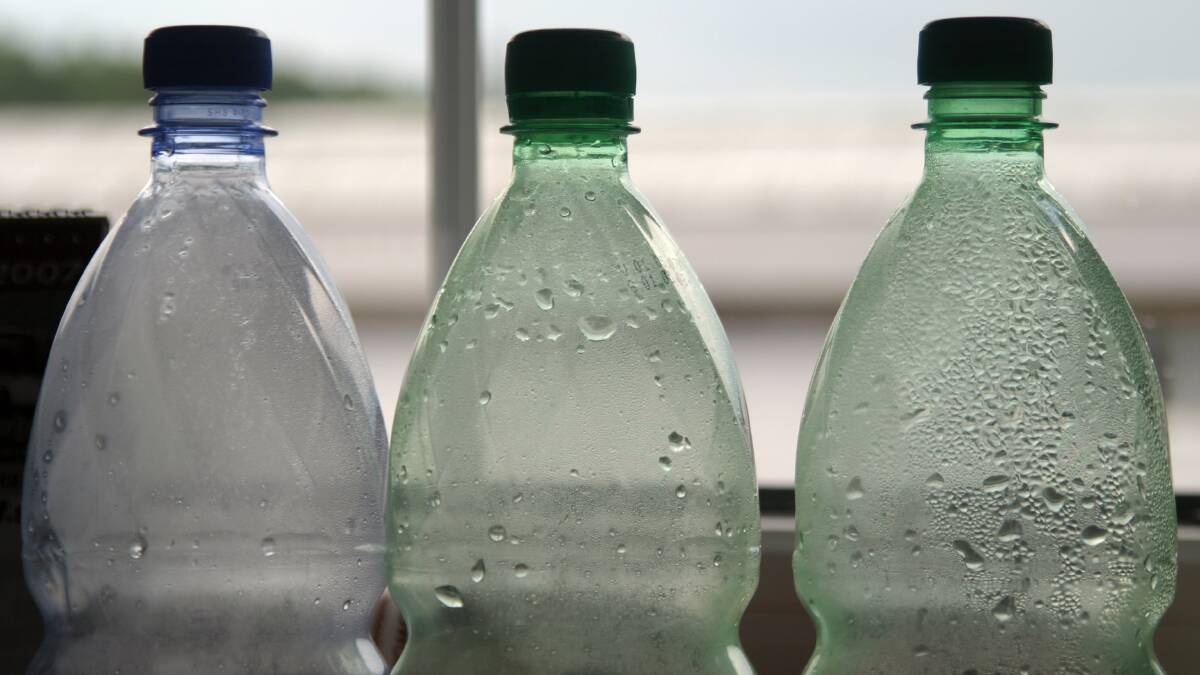
To add even more incentive to explore the potential for small-scale waste-to-energy solutions, Tenterfield is joining other councils in facing steep rises in its existing recycling costs.
Subscribe now for unlimited access.
or signup to continue reading
Tenterfield has agreements with Lismore Material Recycling Facility – a business arm of Lismore City Council – to take care of its recyclable rubbish for a fee. Several surrounding councils have done likewise, leaving them to focus on other demands.
READ ALSO:
That left local recycling capabilities to atrophy as the satellite councils grew dependent on the Lismore facility, which is now in turn facing its own issues of upheavals in the global recycling market. It is seeking to pass on cost increases to its subscribing councils.
The Sydney Morning Herald reported in August that while China has long been the biggest global importer of recyclable paper, metals and plastic (which it uses in manufacturing) it introduced a new policy in January of refusing to accept shipments of waste above a certain contamination level.
“It is estimated that the restrictions have amounted to a ban on more than a million tonnes of Australian recycling waste, which included as much as one-third of all of Australia’s recyclable plastics and paper,” Nick Toscano reported.
Councillors were told at Wednesday’s monthly meeting that agreements between Tenterfield Shire Council and Lismore City Council are up for renewal at the end of November. New conditions surround the Container Deposit Scheme refund sharing agreement (which compensates for the bottles instead going to the ‘reverse vending machine’ behind the pool). For Tenterfield there’s also potentially a $70,000 per year increase in recyclables disposal cost.
Councillor Peter Petty’s Mayoral Minute in the November council meeting business papers said this could impact council’s waste budget, and there is the likelihood that these costs would need to be passed on to ratepayers.
Councillors agreed at the meeting to sign the necessary agreements for a period not exceeding 12 months, and for staff in the coming six months to investigate other options. Council’s chief executive Terry Dodds said the latter may indeed open up more opportunities.
Cr Bronwyn Petrie took umbrage at any recycling facility’s expectation that it be compensated for a decrease in expected volumes of business as a result of the Container Deposit Scheme.
She likened it to Tenterfield Saleyards’ income being below expectation as a result of reduced cattle numbers, and making up the difference by putting a fee on cattle producers.

